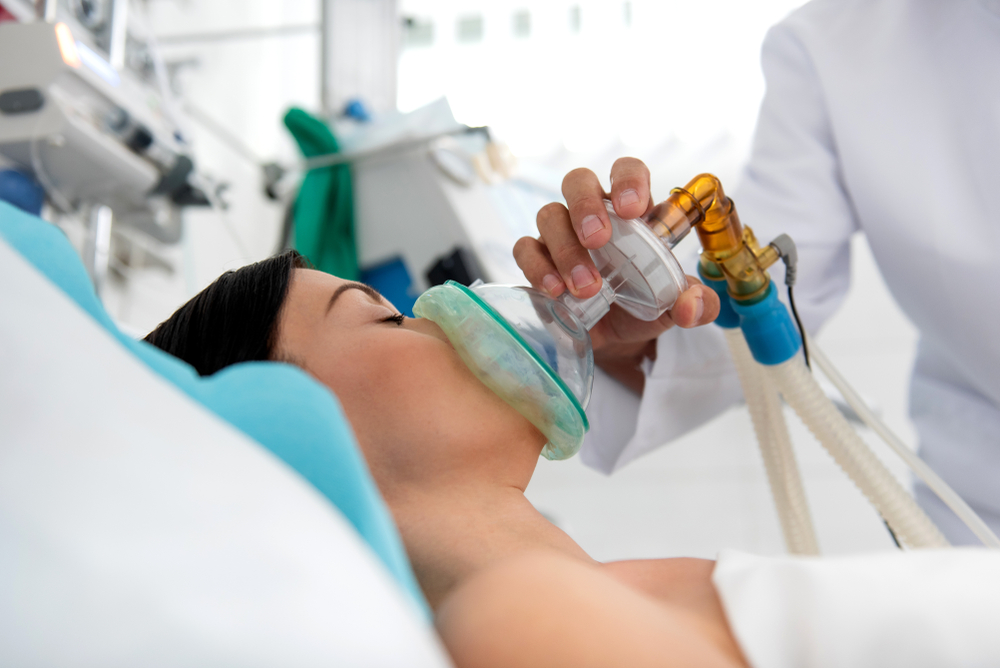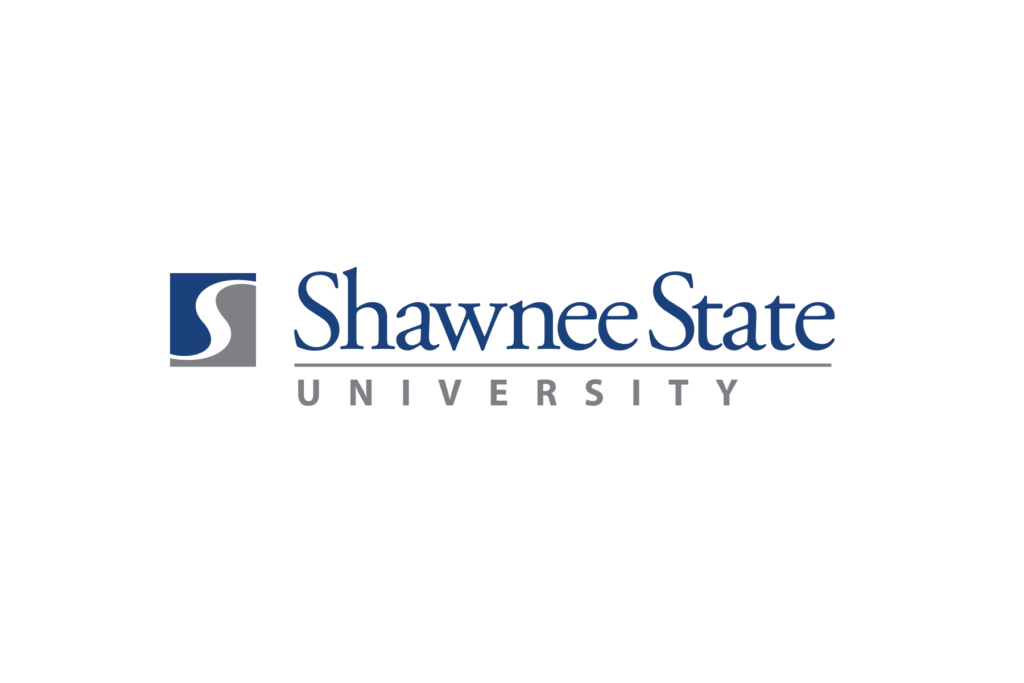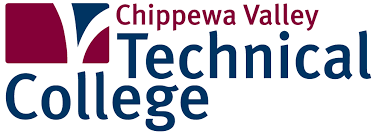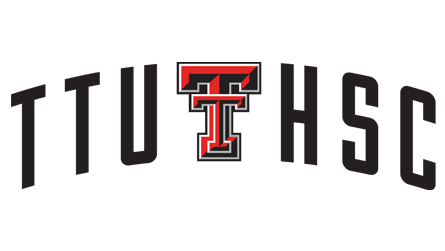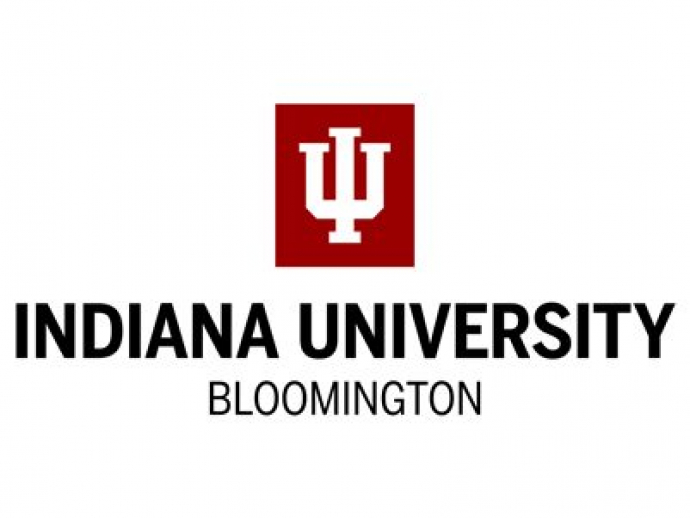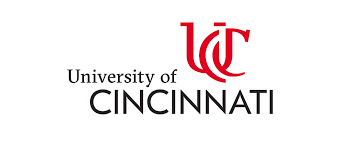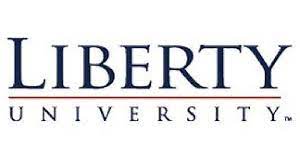Find Your Perfect School
We take breathing for granted, right? While some do, others struggle with it. A Respiratory Therapist is an essential healthcare worker tasked with administering treatments to those who have breathing issues.
Are you interested in entering the healthcare field and concentrating your efforts in the pulmonary field? If so, consider becoming a Respiratory Therapist… Take a look!
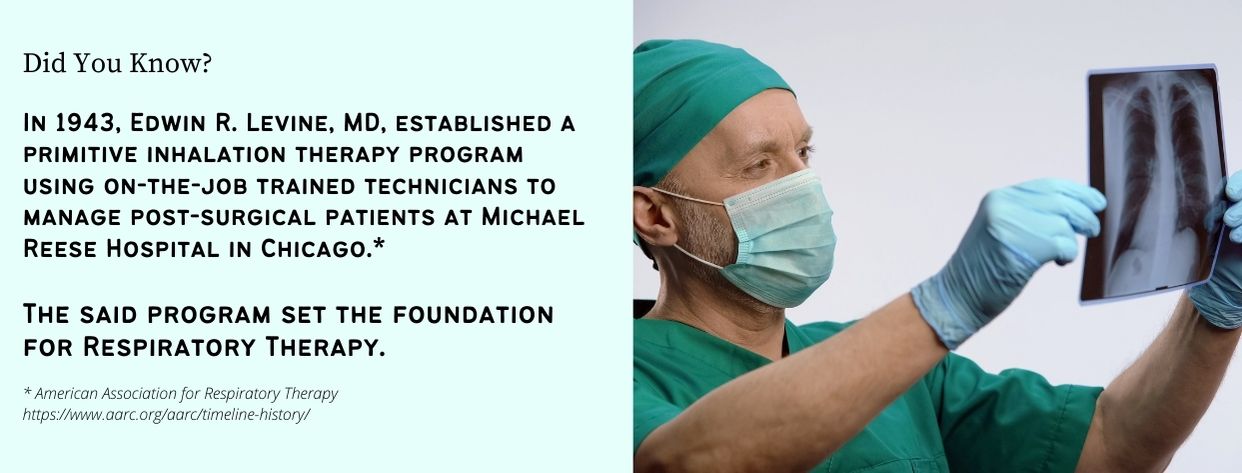
Related Article: The 40 Highest Paying Jobs With A Trade School Education
10 BEST SCHOOLS FOR A RESPIRATORY THERAPIST DEGREE
Pima Medical Institute
(On-campus) Associate in Respiratory Therapy
PMI’s program empowers students in theoretical and clinical aspects of respiratory therapy in various healthcare settings. Students develop advanced techniques in advanced respiratory care for children, adults, and special needs groups. The courses are general and advanced pharmacology, cardiac and pulmonary anatomy and physiology, and cardiopulmonary diseases.
By graduation, students are more than ready to pass the certification exam and other requirements before launching a successful career as a respiratory therapist. However, students must first earn 85 credits to earn the degree or an equivalent of 1,955 hours. Note that there’s a difference in the number of hours between the Las Vegas (2,000 hours) and Houston (2,025) campuses.
The program, however, can be completed in 21 months of full-time study. Students must take the courses in sequential order, meaning that the rigorous academic requirements must be met in each course. The rigorous coursework and fast pace are designed to prepare students for the comprehensive National Board for Respiratory Care (NBRC) Exam. The exam paves the way toward becoming a registered or certified respiratory therapist.
Classroom lectures set the theoretical knowledge while clinical rotations develop practical skills in respiratory care. The combination is common in healthcare programs, but PMI elevates it by pursuing excellence in all areas.
Programs Offered:
- Dental Hygiene
- Healthcare Administration
The Associate in Respiratory Therapy degree can be used for immediate post-graduate employment and is a stepping stone toward a bachelor’s degree. Isn’t that reason enough to put it on your shortlist?
Shawnee State University
(On-campus) Associate of Applied Science in Respiratory Therapy
SSU’s open admissions policy results in a diverse student body with unique experiences, perspectives, and contributions that enrich its programs. Applicants must submit a completed Health Science Program Application, official high school transcripts or its GED equivalent, and proof of chemistry, algebra, and biology with a minimum of “C” grade.
Students on full-time enrollment can earn the degree in just five semesters or a little over two years. The curriculum combines classroom lectures for theoretical knowledge, laboratory sessions, and clinical externships in healthcare settings.
Most classroom and laboratory sessions are at SSU facilities, while the clinical rotations are at healthcare facilities across Ohio, West Virginia, and Kentucky. Sites include Adena Regional Medical, Adena-Pike Medical Center, and Cabell Huntington Hospital.
The program starts in the fall. Students must maintain good standing by maintaining a minimum of 2.000 overall GPA and not getting bad grades (C-, D, D+, D- and F) in any RPTT-prefixed Allied Health major courses. Students who cannot meet the standards may be dismissed from the program, although readmission in the next academic year is possible through remedial work.
Graduates can sit for the NBRC Exam’s Therapist Multiple Choice section and become Certified Respiratory Therapists (CRT). Passing the Clinical Simulations Exam (CSE) is granted the Registered Respiratory Therapist (RRT) credentials.
Programs Offered:
- Accounting
- Geology
The first and shortest step toward becoming a CRT is earning the AAS in Respiratory Therapy degree from SSU. Grab the opportunity to become part of SSU’s program now!
Muskegon Community College
(On-campus) Associate of Applied Science in Respiratory Therapy
The 2½-year program prepares students for the demands of respiratory therapists to work with a combination of theoretical knowledge, clinical skills, and professional behavior. The trifecta means that graduates become productive, effective, and compassionate healthcare professionals whose valuable contributions are recognized by their peers and patients. Students are also exposed to various patients and their unique circumstances, from neonatal and pediatric cases to adult, elderly, and special needs cohorts.
MCC adopts an outcomes-based philosophy and process in the program following CoARC rules. Students are evaluated based on programmatic outcomes or performance indicators.
Courses in natural, social, and behavioral sciences are taught alongside career-specific courses on respiratory therapy, so students gain a well-rounded scientific education. The didactic and clinical instruction is presented concurrently, resulting in an integrated knowledge base and skillsets. While the didactic instruction occurs in campus facilities, the clinical practice occurs in healthcare facilities in West Michigan.
Applicants must submit a completed MCC admission application and high school diploma or GED equivalent as proof of completion. Proficiency in reading, writing, and math is also required, and MCC offers testing services, including Accuplacer. Once accepted, students must meet the technical standards, provide immunization records, and pass a drug screening and background check.
Graduates can take the NBRC Exam and be awarded the RRT credential after passing the Clinical Simulation and Therapist Multiple Choice sections.
Programs Offered:
- Agriculture
- Welding Technology
Get a head start on your RRT aspirations by getting accepted into MCC’s AAS in Respiratory Therapy program ASAP!
Chippewa Valley Technical College
(On-campus) Associate in Respiratory Therapy
CVTC offers its respiratory therapy program in two locations – at the River Falls and Eau Claire campuses. However, the programs of study are the same, with students earning the degree after completion of 67 credits. The two-year program is a residential program with an August start date.
Students gain practical skills, including evaluating, treating, and caring for patients experiencing cardiopulmonary diseases and disorders. These skills also cover patient interviews, physical examinations, and diagnostic tests, although only limited. Students learn these skills through a combination of didactic courses and clinical training, including a clinical internship.
Other skills include providing the patients’ families and caregivers appropriate education about their medical condition, participating in life support activities for patients in critical care units, and participating in research when necessary. Students must also develop their bedside manners, including compassion and courtesy toward patients and their families.
Due to the science-heavy coursework, applicants must have a strong math and science background, particularly in chemistry, biology, and physical sciences. General education courses and career-specific courses are usually combined in a single semester to get a well-rounded education. The career-specific courses include respiratory pharmacology, cardiopulmonary diagnostics, and respiratory neo/peds care.
Programs Offered:
- Animal Science Management
- Legal Studies
Check out CVTC’s Associate in Respiratory Therapy program and establish the foundation of your successful career!
Lamar Institute of Technology
(On-campus) Associate of Applied Science in Respiratory Therapy
LIT’s AAS in Respiratory Therapy program consists of 66 credits that students should ideally earn in two years of full-time studies. The program’s primary goal is to prepare students for effective respiratory care practice and to enable them to demonstrate competence. Relevant knowledge, skills, and behavior are given equal importance during the training period, thus combining didactic courses and clinical rotations.
Students must complete 41 lecture hours and 117 laboratory hours as part of their program of study. The career-specific courses include Basic Respiratory Care Pharmacology, Cardiopulmonary Disease, Respiratory Care Fundamentals, and Cardiopulmonary Anatomy and Physiology. These are science-heavy courses that require a strong foundation in science, but students must also develop soft skills, such as communication, collaboration, and compassion.
Applicants must first complete the pre-admission courses before filing their application. Aside from submitting transcripts, applicants must also submit and pass a criminal background check.
Maintaining good standing involves earning at least a “C” grade in all courses and a 2.0 GPA in all degree courses. Students must also pass the NBRC Therapist Multiple Choice assessment examinations, which will result in their CRT status. Passing the TMC Level 1 and Clinical Simulation Examination means earning the RRT designation.
Programs Offered:
- Dental Hygiene
- Pharmacy
LIT’s AAS in Respiratory Therapy degree isn’t just a piece of paper but a ticket to your success in an in-demand healthcare profession!
University of Texas Health Science Center
(On-campus and Online) Bachelor of Science in Respiratory Care
Professionals who want to enjoy significant career advancement earn UTHSC’s BS in Respiratory Care degree and get their desired results. This degree completion program is designed for practicing RRTs who already possess an associate degree.
Students must complete 32 hours of coursework that can be completed in one to three years, depending on their course load every semester. There’s a choice between full-time and part-time enrollment and completing the program on campus or online. For students who choose the online option, the didactic coursework is 100% online, but the clinical rotations are face-to-face.
The planned learning experience means that students can customize their studies based on their unique circumstances and aspirations. For example, students interested in the online format must carefully consider their time commitments and computer skills. Online classes don’t necessarily mean self-paced study as the program has a sequential order of courses, among other reasons.
The curriculum also has similarities with a bachelor’s degree program for fresh high school graduates without an associate degree and RRT designation. General education courses like English composition, college algebra, and humanities alongside the core, major, and curriculum courses.
There are three application deadlines in spring, summer, and fall. Applicants may want to submit two letters of recommendation and complete the Texas Common Core Curriculum.
Programs Offered:
- Emergency Health Sciences
- Occupational Therapy
UT Health is among the best education providers in the healthcare sector, and that’s enough reason to consider its excellent BS in Respiratory Care program!
Oregon Institute of Technology
(Online) Bachelor of Science in Respiratory Care
Oregon Tech’s reputation for academic excellence attracts the best individuals to its online program that trains future leaders in respiratory care. The degree completion program is an excellent route toward career advancement, continuing education, and better career options. Many students even consider the bachelor’s degree a stepping stone toward multiple advanced degrees or a combination of degrees, such as education or business.
Applicants can request for transfer of credits from two sources – from previously earned college credits and professional registries. Credits from an associate degree in respiratory care from a regionally accredited institution and RRT credentials are considered. RTT credentials, for example, are equivalent to 80 credits.
Students, however, must complete at least 45 credits of their total coursework from Oregon Tech as part of the degree requirements. Total registry credits are earned from career-specific courses like Emergent Chest Radiographic Interpretation, Cardiopulmonary Dynamics, and Respiratory Gas Therapeutics.
The 51-credit professional coursework covers topics on pharmacology, pathophysiology, and intercultural communication. The 55 credits for general education can either be taken with or transferred to Oregon Tech and cover microbiology, human anatomy and physiology, and medical terminology.
Aside from being an RRT, an applicant will only be considered for admission by showing proof of current employment in a respiratory care facility and compliance with Oregon Tech’s admissions criteria.
Programs Offered:
- Operations Management
- Vascular Technology
Do you want rigorous training that will prepare you for the rigors of the certification exams and the profession itself? Then check out Oregon Tech’s BS in Respiratory Care program!
Indiana University
(On-campus) Bachelor of Science in Respiratory Therapy
Offered at the UI School of Medicine, the BS in Respiratory Therapy program prepares students for leadership roles in respiratory care (e.g., supervisors). Students improve their career-specific skills and gain management, education, and research skills, which aren’t typically covered in an associate degree program. Their demonstrated competence in the three crucial areas of cognitive, clinical, and affective domains is the key to their career advancement, too.
Classroom and laboratory instruction are typically held at IU facilities, including the IU Health Methodist Hospital. The clinical internship phase involves students performing clinical rotations at healthcare facilities across central Indiana. IU Health Methodist Hospital is the school’s primary clinical affiliate, so most, if not all, students spend part of the clinical internship here.
This is a consortium between IU, IU Health, the University of Indianapolis, and Ball State University. Graduates, however, receive their degrees from IU’s School of Medicine and are eligible to sit for NBRC’s credentialing exams. Their technical proficiency, professional behavior, and transferable skills make them the most desirable employees.
Advanced standing can be granted to applicants with an associate degree in respiratory therapy. Their admission starts during the program’s fourth year, particularly during the professional phase. Most advanced-standing students aren’t required to render additional clinical hours.
Programs Offered:
- Medical Imaging Technology
- Paramedic Science
Arm yourself with the best training provided in IU School of Medicine’s BS in Respiratory Therapy program! In a competitive industry, it may well be your best advantage.
University of Cincinnati
(Online) Bachelor of Science in Respiratory Care
The 100% online program appeals to non-traditional students due to its flexible schedules and the choice between part-time and full-time enrollment. Students must meet the 50-credit program’s academic requirements regardless of enrollment status, although the time-to-degree varies. There are no required campus visits, but the clinical rotations require face-to-face interactions in healthcare facilities.
UC ensures that the faculty members have appropriate credentials that meet, even exceed, standards. Faculty members are also instrumental in the students’ enjoyment of admission-to-graduation support.
Applicants can submit their applications before every semester, meaning three start dates – fall, spring, and summer. Thanks to articulation agreements, thanks to articulation agreements, credentials from an associate degree and other college credits may be transferred to the bachelor’s degree.
Note that this is also a degree completion program where CRTs and RRTs can develop their clinical skills, keep updated with the trends in techniques and technologies, and acquire education, management, and research skills. Career advancement is the main reason CRTs and RRTs enroll in the program.
The curriculum includes 28 credits of core courses and 22 credits of advanced courses. There’s a sequential order in that the core courses must be completed first before the advanced courses can be tackled.
Programs Offered:
- Early Childhood Care and Education
- Supply Chain Management
Shooting for the stars in your career as a CRT or RRT is possible with the BS in Respiratory Care degree!
Liberty University
(On-campus) Bachelor of Science in Respiratory Therapy
LIberty’s residential program departs from its usual online format for most of its degree programs. But the program’s quality of education, student support services, and graduate outcomes are just as impressive.
This is a 136-credit program that can be completed in four years of full-time study. However, students may also transfer credits for up to 44% of the degree requirements or about 60 credits, usually from an associate degree and other college credits.
Note: RRTs with an associate degree should consider Liberty’s online RRT-to-BSRT program instead of the on-campus BS in Respiratory program.
The coursework covers fundamentals and advanced medical terminology, artificial ventilation, pharmacology, and pulmonary disease management. The technical skills learned can be applied to the general population, although there are courses specifically for respiratory care for various populations, from babies to the elderly.
The technical skills acquired during the four-year program include administering therapeutic inhaled gases; analysis of blood and breath specimens; management of respiratory devices like ventilators; and conducting airway clearance therapy. Students even learn the proper response during Code Blue, critical and emergencies.
Graduates have a high passing rate for the national certification exam and, thus, become CRTs or RRTs. After passing the appropriate exams, many also become specialists in pulmonary function technology and perinatal/pediatric care.
Programs Offered:
- Aeronautics
- Social Work
Getting ready for a successful healthcare career becomes more meaningful with a BS in Respiratory Therapy degree from Liberty University!
FREQUENTLY ASKED QUESTIONS
What does a Respiratory Therapist do?
Respiratory Therapists perform a wide range of duties while treating patients with emphysema, COPD, cystic fibrosis, asthma, and many other types of conditions that cause difficulty in breathing.
Also, they treat all ages of patients, from premature babies with underdeveloped lungs to elderly patients with chronic respiratory issues and everyone in between who may be battling pneumonia or COVID. Respiratory Therapists also treat emergency conditions.
Duties include:
- Examines patients with breathing disorders,
- Works closely with attending physicians or pulmonologists,
- Inspects and cleans equipment,
- Treats patients accordingly, through therapy or medications,
- Keeps records of the patient’s progress or decline, recording oxygen and carbon dioxide levels, etc.,
- Takes blood tests,
- Intubates patients when necessary,
- Performs a variety of tests, such as chest physiotherapy to remove mucus from lungs,
- Instructs the patient about self-care, taking medications, using ventilators, or administering breathing treatments at home.
In addition, a Respiratory Therapist can help patients stop smoking and assist clients who have sleep apnea.
How do I become a Respiratory Therapist?
Typically, Respiratory Therapists need, at the very minimum, an associate degree. Occasionally, employers will prefer you to have a bachelor’s degree.
Community colleges and vocational schools often offer this type of degree program. To gain licensure, your school should be accredited by the Commission on Accreditation for Respiratory Care.
What will I learn in an Associate of Respiratory Therapy degree program?
You can expect the following coursework:
- Microbiology
- Therapeutic & Diagnostic Tests and Procedures
- Pharmacology
- Chemistry
- Human Anatomy
- Physiology
- Physics
- Pharmacology
- CPR
- Patient Assessment
- And, much more.
Do I need to be licensed to become a Respiratory Therapist?
Although requirements may vary, every state except Alaska requires their Respiratory Therapists to be properly licensed.
There are two levels of respiratory therapy certifications:
- Certified Respiratory Therapist (CRT) – entry-level
- Registered Respiratory Therapist (RRT) – advanced-level
Both certifications can be obtained through the National Board for Respiratory Care (NBRC).
Are Respiratory Therapists doctors?
No, Respiratory Therapists are highly trained and certified to perform their duties; however, they are not considered doctors. But, you will work closely with attending physicians, surgeons, or pulmonologists.
Is being a Respiratory Therapist a stressful job?
Hospitalcareers.com states that the career of a Respiratory Therapist rates 20/100 on the stress scale. This is primarily because many who need a Respiratory Therapist are in dire straits when breathing is not easy for them.
Also, they rate the work environment at 60/100, which is typical in a hospital or physician’s office atmosphere.
How much does a Respiratory Therapist get paid?
According to the BLS, as of May 2022, the average pay for a Respiratory Therapist was $70,540 annually, with the highest 10% earning upwards of $100,520 per year.
Is there a demand for Respiratory Therapists?
As the population continues to grow older, more and more people will need the services of a Respiratory Therapist. The BLS predicts a 13% positive job growth rate between 2022 and 2032, faster than average for all occupations.
Where does a Respiratory Therapist work?
Often Respiratory Therapists work in hospitals, physician’s offices, or in long-term healthcare facilities, such as nursing homes. The highest-paying positions are found in the hospital setting.
Work hours can vary, mainly if you work in a hospital where 24/7 care is required. You may be expected to work nights and/or weekends.
What is a Pulmonologist?
A Pulmonologist treats patients who have respiratory problems. Suppose you wish to pursue further education to become a Pulmonologist. In that case, you will need a bachelor’s degree, medical school (lasting up to four years), followed by a residency and fellowship… quite a lengthy process.
The annual salary, according to Ziprecruiter.com, for a Pulmonologist is $352,073 per year on average.
Related Article: 40 Highest Paying Jobs With A Trade School Education
